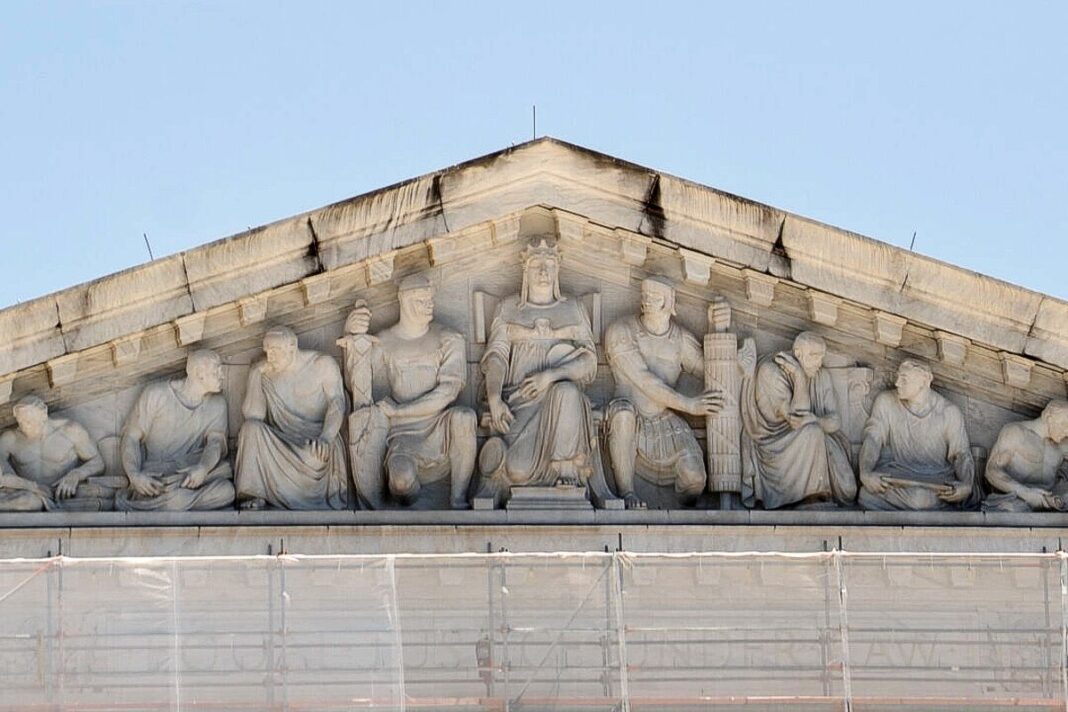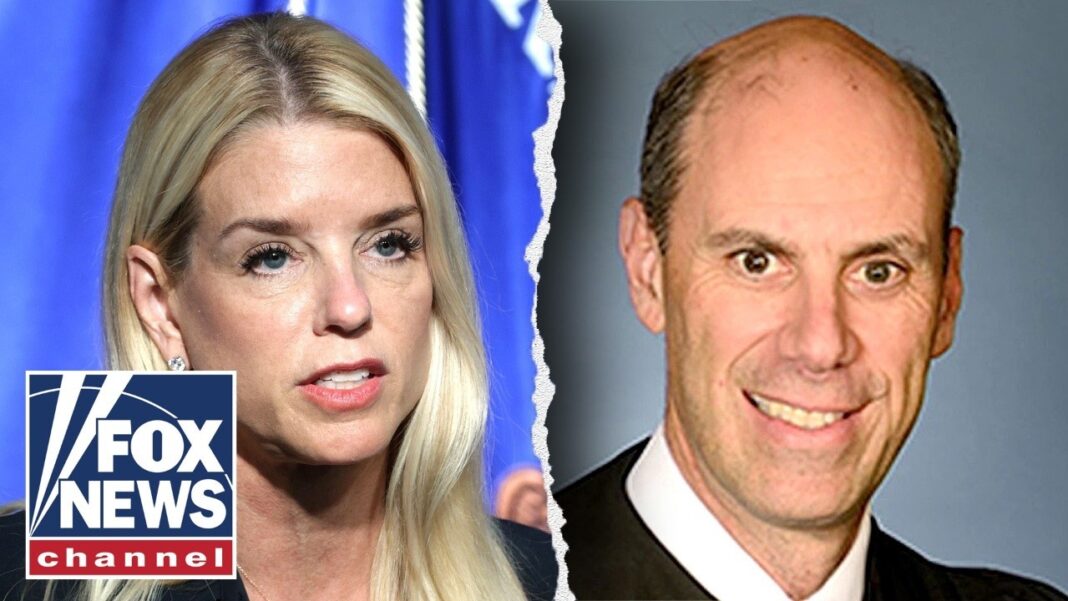Starting October, the court will take up cases on major social and political issues, including males competing in female sports, redistricting, and IQ.
The Supreme Court will hear cases in the fall and winter dealing with hot-button social and political issues, ranging from males competing in female sports to pregnancy centers to redistricting.
After a high-profile ruling in June that allowing Tennessee’s ban on gender procedures for minors, the court will deal with transgender issues again in two cases challenging state bans on males competing in women’s and girls’ sports.
Another case, from New Jersey, looks at whether the pro-abortion state may subpoena donor information from pro-life pregnancy help centers.
The court will also look at three election law cases regarding campaign spending limits, redistricting according to race, and whether ballots received after Election Day can be counted.
Here is a look at the nine biggest cases to watch in the court’s 2025–2026 term, which begins in October.
| 1. State Bans on Men in Women’s Sports |
| 2. Colorado’s Ban on Conversion Therapy for Minors |
| 3. Redistricting to Favor Minorities |
| 4. Political Parties Coordinating Spending With Candidates |
| 5. Challenge to Ballot-Counting After Election Day |
| 6. New Jersey Sues Pro-Life Pregnancy Center for Its Donor List |
| 7. Controversial Street Preacher |
| 8. Afghanistan Veteran Challenges Defense Contractor |
| 9. Weighing IQ and the Death Penalty |
1. State Bans on Men in Women’s Sports
The Supreme Court has agreed to hear two cases tackling the issue of males competing against women in sports.
States have passed laws forbidding this practice, and in the cases Little v. Hecox and West Virginia v. B.P.J., transgender-identifying youth have sued to overturn those laws. In both cases, the plaintiffs said the laws violated the equal protection clause of the 14th Amendment, as well as Title IX, a law that prohibits sex-based discrimination in schools that receive federal funds.
In March 2020, Idaho Gov. Brad Little signed a law banning men from women’s sports; the law still allows women who identify as males to compete with men.
Lindsay Hecox, a male who identifies as female, filed a suit challenging the law. Hecox wanted to compete on the Boise State University women’s teams for track and cross-country.
The district court ruled in favor of Hecox. The U.S. Court of Appeals for the Ninth Circuit upheld that decision in June 2024, finding that the law violated the equal protection clause by targeting transgender-identifying people. The appeals court also blocked the ruling from applying to parties not directly involved in the case.
Idaho appealed, which was accepted by the Supreme Court.
In West Virginia, a transgender-identifying middle-schooler known as B.P.J. in court documents sued to challenge the state’s Save Women’s Sports Act. B.P.J. had been participating in girls’ cross-country and track-and-field teams, regularly defeating female athletes, a court petition reads.
The state law, enacted in 2021, stipulates that women’s teams based on “competitive skill” or involving “a contact sport” must not be open to men.
Initially, a district court temporarily blocked the state law while the case was pending. But in its final decision, the court reversed the block and ruled that the law was constitutional. It found that the law actually strengthened Title IX, rather than violating it.
The U.S. Court of Appeals for the Fourth Circuit paused this decision. In April 2023, the Supreme Court declined to lift the block while the case was playing out in the lower court. Justices Clarence Thomas and Samuel Alito dissented.
In April 2024, the appeals court, in a 2–1 decision, found that the law breached Title IX by discriminating against B.P.J. on the basis of sex.
The majority said the state had argued that “the Act does not discriminate based on gender identity because it treats all ‘biological males’—that is, cisgender boys and transgender girls—the same.”
“But that is just another way of saying the Act treats transgender girls differently from [biological] girls, which is—literally—the definition of gender identity discrimination,” it said.
Judge G. Steven Agee of the Fourth Circuit disagreed.
“It is not enough—and is actually irrelevant when it comes to competitive sports—that B.P.J. identifies as a girl,” he wrote in his dissent.
“Gender identity, simply put, has nothing to do with sports. It does not change a person’s biology or physical characteristics. It does not affect how fast someone can run or how far they can throw a ball. Biology does.”
This is the latest case dealing with transgender issues to hit the high court. The past term saw a 6–3 court upholding a Tennessee ban on the use of cross-sex hormones and puberty blockers for minors experiencing gender dysphoria.
In 2020, the court in Bostock v. Clayton County ruled 6–3 that federal law bars employees from being fired from their jobs because of their sexual orientation or gender identity.
President Donald Trump has issued a series of executive orders that have affected people identifying as transgender. One order banned such individuals from military service. Lower courts blocked that order, but in May, the Supreme Court temporarily reinstated it to allow litigation challenging it to proceed in the appeals court.








